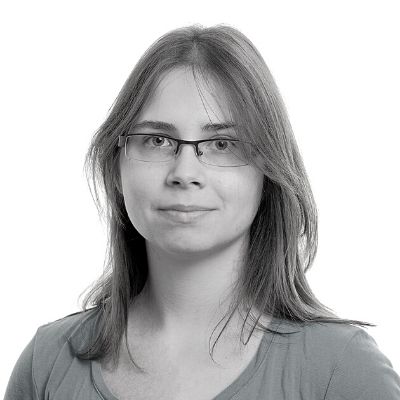Interview Shannon van Hoorn
Born: in Utrecht, The Netherlands
Lives in Rotterdam
Studied: BSc Health Sciences, MSc Health Sciences and MSc Business Administration at the University of Twente
First job: Project employee at the Antoni van Leeuwenhoek hospital in Amsterdam
Sports: I do fitness myself, but I like to watch different sports on TV.
Book: Think Like A Freak (Steven Levitt & Stephen Dubner)
Film: I don’t have a favorite movie
Music: Very diverse, from Top 40 to Sixties
Instrument: I do not play an instrument
Favorite Quote: What doesn’t kill you makes you stronger
Essential: Family
What is your goal and what have you achieved in 4 years?
My goal is to make care for patients with coagulation disorders as patient-oriented as possible within the 4-year of my PhD project. I want to achieve this goal by conducting research into the implementation of a value-driven care approach for patients with coagulation disorders. One of the first steps in this is to look at what the patient values and how we can measure that in a standardized universal way.
Hopefully, in 4 years’ time, a pilot will have started in one of the participating hospitals in which the care for patients with coagulation disorders is organized according to the value-driven care principles. Within this pilot, the care path is designed in such a way that the care that patients receive is appropriate for their specific situation and what they consider important. If this pilot goes well, this method can then be implemented in other hospitals, so that all patients with coagulation disorders in the Netherlands receive the same patient-oriented care that suits their individual situation.
What disease do you work on?
All bleeding disorders
How will your research improve the lives of these patients?
My research will hopefully ensure that the care surrounding coagulation disorders is more focused on what the patient considers important, so that the patient receives better care that fits his/her specific clinical picture, wishes and needs.
Who is your great inspiration?
I don’t specifically have anyone who inspires me. My inspiration for this research comes mainly from my personal experiences with healthcare. As a patient or family of a patient, you often experience care in a different way, and you discover aspects that are not always patient-oriented. Since my background gives me the opportunity to contribute to “improving” care from a patient perspective, I would like to do that too.

